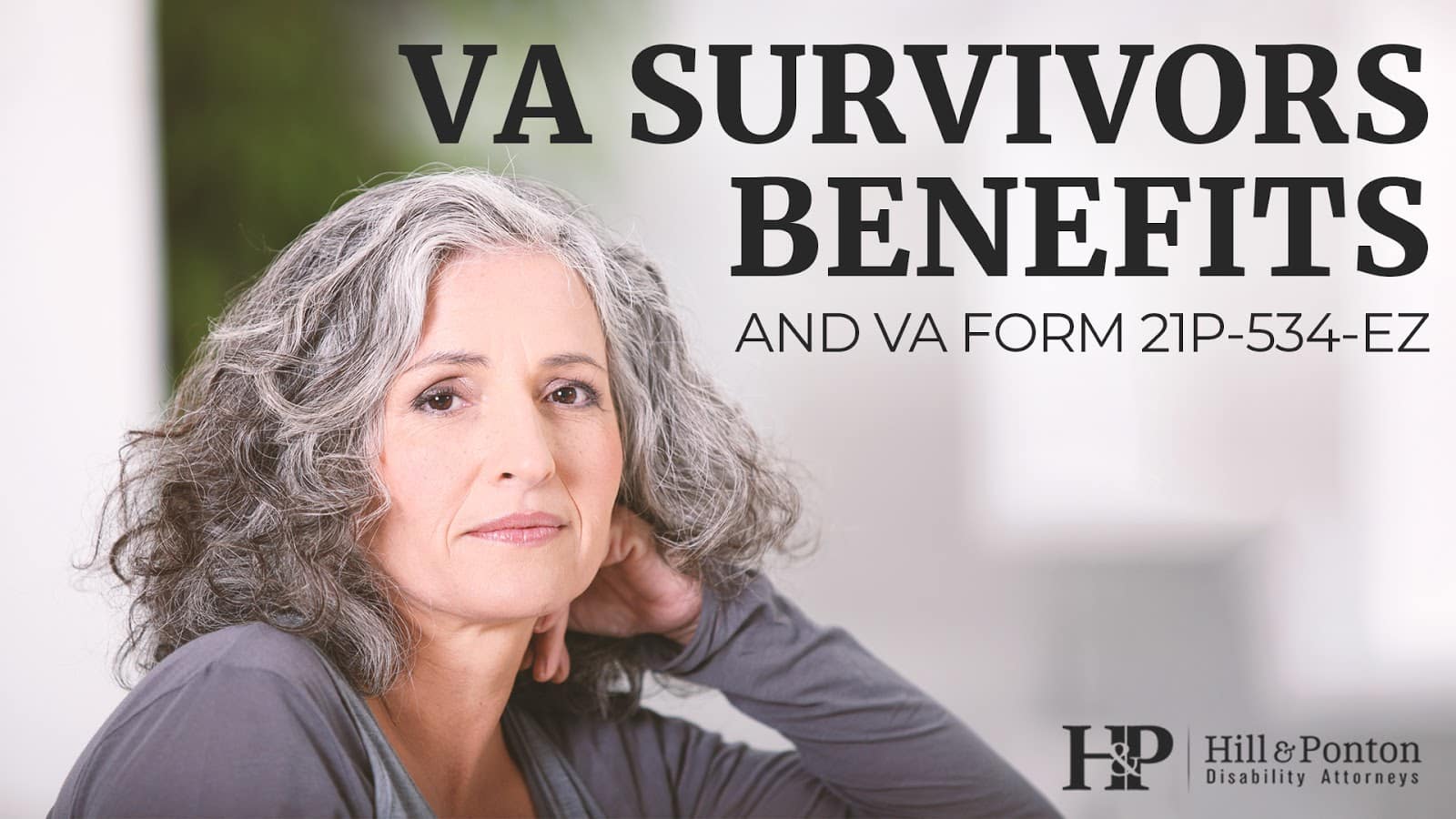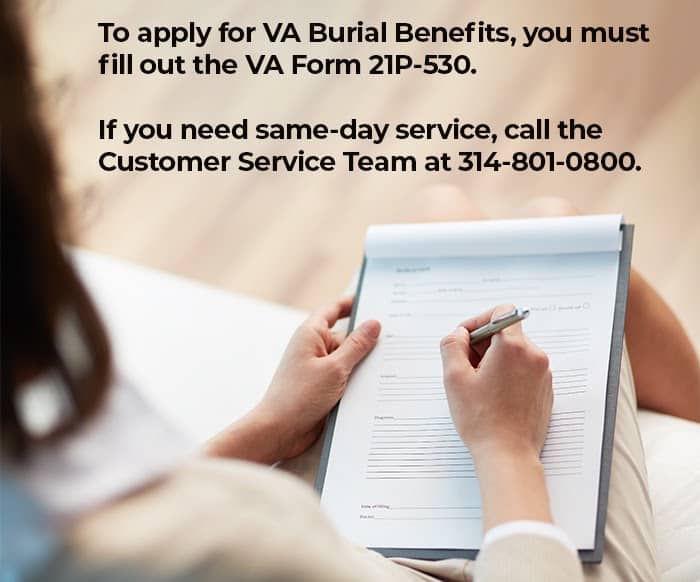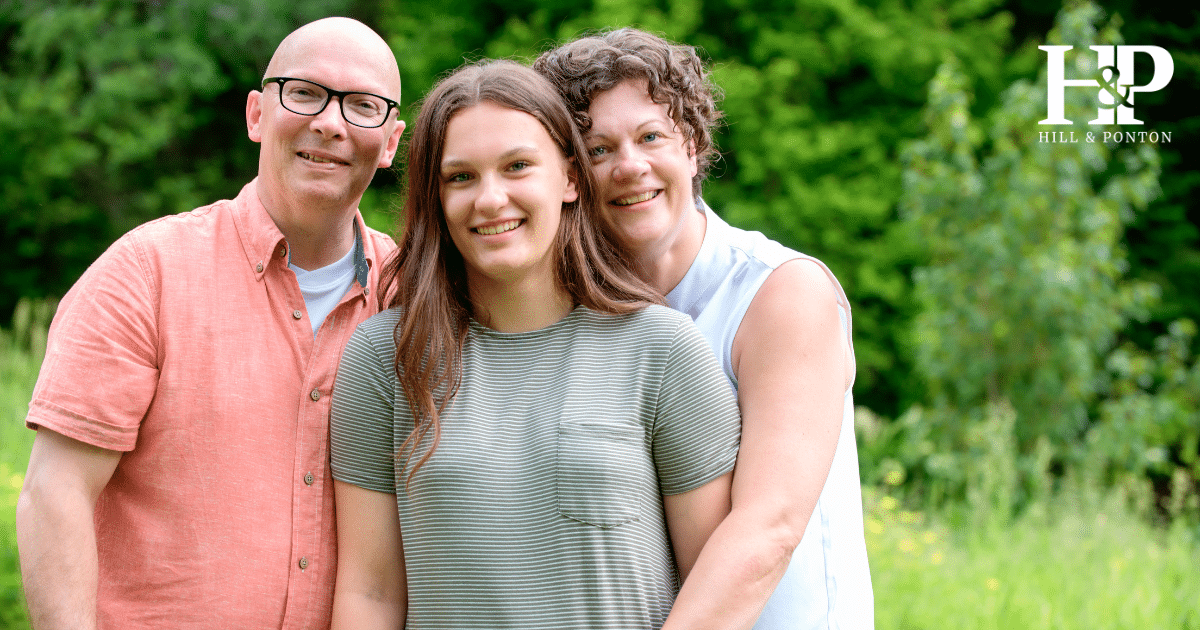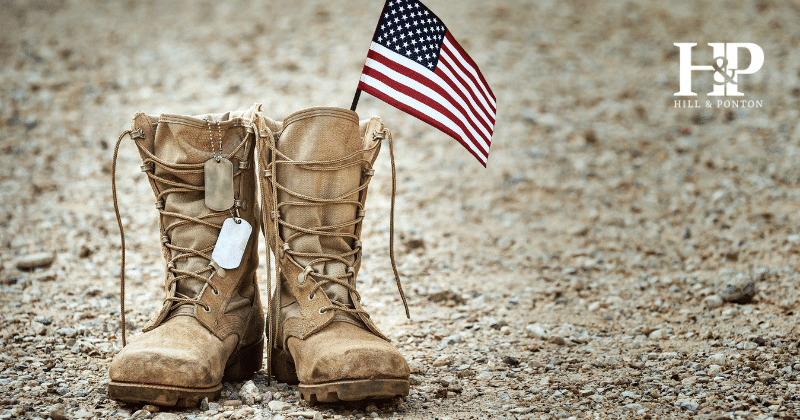Veterans Survivors Benefits and VA Form 21P-534-EZ
Many veterans’ families experience tremendous financial hardship following the death of a veteran. When the veteran dies, the surviving spouse and children may also be facing the loss of a significant amount of income. For example, direct benefits from VA disability compensation may cease, along with the veteran’s own Social Security income
At the same time, there may be significant medical bills in the final months of a veteran’s life, as well as burial expenses in the immediate aftermath of a veteran’s death.
However, Congress has provided for a set of VA benefits for the surviving spouse, children and, in some cases, parents of deceased veterans to soften the financial blow.
What VA Benefits Are Available to Surviving Spouses of Military Veterans?
There are three types of veteran’s survivors’ benefits:
- Dependency and Indemnity Compensation (DIC)
- Survivors’ pension
- Burial benefits
The Veterans Administration provides these VA benefits to eligible widows, widowers, surviving children and parents of veterans who are deceased.
Additionally, surviving family members may be entitled to accrued benefits that were owed or approved, but not paid out to the veteran while he or she was alive.
Generally, you will need to have the deceased veteran’s death certificate in order to apply for any of these benefits.
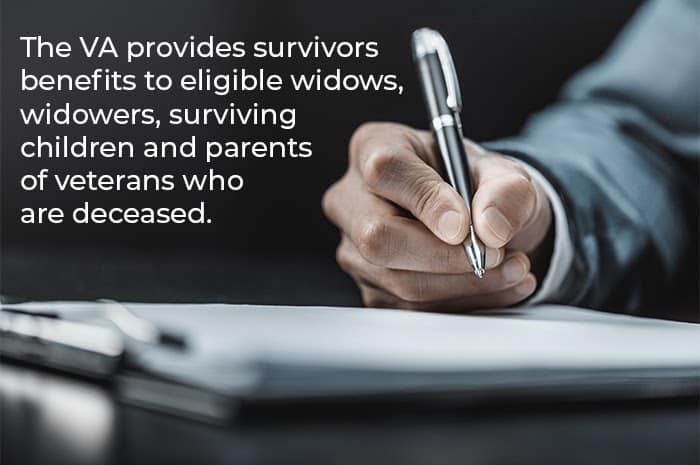
What is Dependency and Indemnity Compensation (DIC)?
DIC is a tax-free monthly benefit paid to eligible surviving family members of veterans who die as a result of their military service, or from a service-connected cause. The veteran doesn’t have to have died as a direct result of the service-related condition. As long as the service-related medical condition was a contributing factor to the veteran’s death, the surviving spouse or other eligible family member is likely to be approved for compensation.
How Much Is The DIC Benefit Per Month?
DIC benefits are based on a monthly base rate, plus additional differentials if the primary beneficiary has children under 18, or is disabled or home bound.
VA Monthly Dependency Indemnity Compensation (2021) – Veterans Dying on or After January 1st, 1993
Basic Monthly Benefit (38 U.S.C. 1311(a)(1))
- $1,357.56 for surviving spouse;
- $573.20 for surviving dependent if there is no surviving spouse.
-
Additional Compensation:
-
If the veteran, at time of death, was entitled a service-connected total disability rating for at least 8 continuous years immediately preceding death AND the surviving spouse recipient was married to the veteran for that entire period of time (8-year provision)
- ADD $288.27
-
If the veteran has 1 or more dependent children under age 18
- ADD a transitional benefit of $289.00 per month for TWO YEARS after the death of the veteran
-
For each dependent child under age 18
- ADD $336.32 for each child
-
For children ages 18 through 23 who are enrolled in a qualified school program
- ADD $284.93
-
For each adult child who became totally disabled prior to age 18
- ADD 565.84
-
If the surviving spouse qualifies for Aid & Attendance Benefits
- ADD $336.32
-
Housebound status: If the surviving spouse is entitled to Housebound Benefits (can’t leave home due to a disability)
- ADD $157.55
-
If the veteran, at time of death, was entitled a service-connected total disability rating for at least 8 continuous years immediately preceding death AND the surviving spouse recipient was married to the veteran for that entire period of time (8-year provision)
Ref. 38 U.S.C. 1311(a, b, c, d, f) and 38 CFR 3.461(b).
Rates differ if the veteran died prior to January 1st, 1993. For additional information, see this Veterans Affairs page for details.
Click here for additional information on VA Aid and Attendance and Housebound Benefits.
Eligibility for Dependency and Indemnity Compensation
To qualify as a surviving spouse, you must meet the following criteria:
- You must have been married to the deceased veteran, or holding yourself out as married to the veteran, for at least a year.
- You must be able to show that you lived together for the entirety of the marriage (excepting unaccompanied tours, deployments, etc.). There are a few exceptions to this rule for temporary separations.
- You must also show that you have not remarried since the veteran passed away.
- Same-sex widow(ers) can qualify for DIC provided they meet the above eligibility criteria.
See here for more information on eligibility for Dependency and Indemnity Compensation.
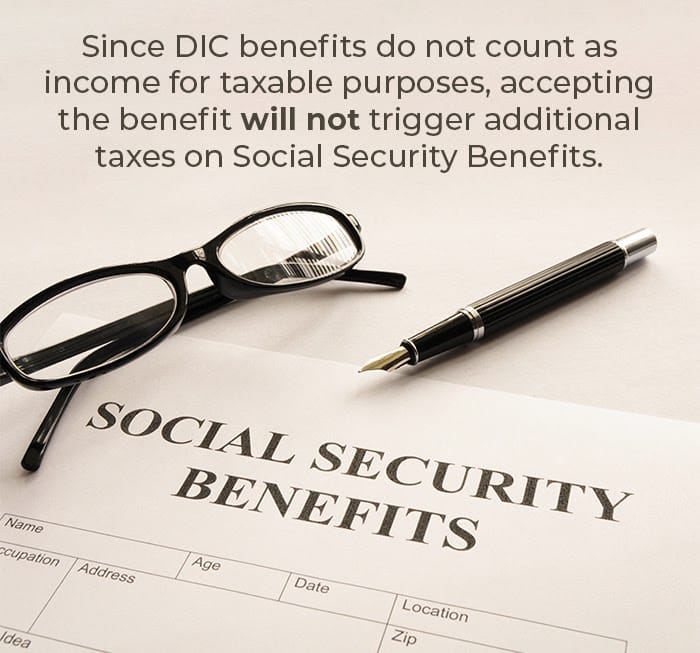
DIC and Social Security Considerations
SSDI
You can receive DIC benefits and collect SSDI at the same time. Since DIC benefits are not considered taxable income, they don’t affect your eligibility for SSDI or other income-tested federal benefits. However, you will have to apply for each benefit separately.
Social Security Income Tax
DIC benefits do not count as income for the purposes of calculating taxes on Social Security benefits. Accepting the benefit will not trigger additional taxes on Social Security benefits.
DIC vs. Accrued Benefits
Note that the DIC benefit is intended specifically for surviving family members. The term accrued benefits on the other hand refers to benefits that were earned by the veteran prior to his or her death, but were not received.
If the veteran passed away on or after October 10th, 2008, the surviving family members are entitled to receive any benefits that would otherwise have been owed to the deceased veteran.
Benefits are paid in full in the following order of priority:
- Surviving spouse;
- Children;
- Parents (if there are no surviving children.
The survivor must file for accrued benefits within 1 year from the date of death.
To apply for accrued benefits, fill out VA Form 21P-601, “Application for Accrued Amounts Due a Deceased Beneficiary.”
When Are Accrued Benefits Payable?
Accrued benefits may be payable to survivors under three circumstances:
- The veteran had a pending claim for benefits at the time of his or her death, OR;
- The veteran had already been awarded benefits, but the benefit had not yet been paid out at the time of death, OR;
- The entitlement can be shown from an existing decision.
Note that survivors cannot initiate a claim on the veteran’s behalf. The deceased veteran must have already initiated the claim before he or she passed away, for the family to receive accrued benefits.
If the veteran passed away prior to October 10th, 2008, then accrued benefits are not payable.
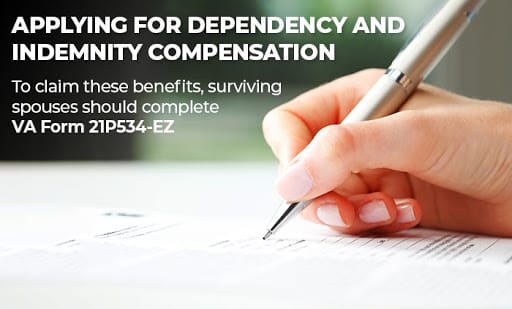
Fill Out an Application for Dependency and Indemnity Compensation
To claim these benefits, surviving spouses should complete VA Form 21P534-EZ, Application for DIC, Survivors Pension and/or Accrued Benefits.
Download the form and fill it out your personal information and that of the deceased veteran if you are applying for any of these benefits:
- Survivors Pension
- Dependency Indemnity Compensation (DIC)
- Increased Survivor Benefits Based on Need for Special Monthly Pension
- Accrued Benefits
- Benefits for a veteran’s seriously disabled child
Documents Needed
When you apply, you’ll need these documents:
- The veteran’s DD-214, or other separation documents. Next of kin can request a deceased veteran’s DD-214 here.
- The veteran’s death certificate.
- Your marriage, birth or adoption certificate establishing your relationship with the veteran.
Section IV – Claiming Benefits for Children of Deceased Veterans
To claim benefits for a child of a deceased veteran, you’ll need to fill out Section IV of the VA Form 21P-534EZ.
You’ll need the following information for each child:
- Full name
- Date and place of birth
- Social Security number
- Status as biological, adopted or stepchild
- Age
- Status if seriously disabled
- Marital status and history
If one or more children do not live with you, you’ll also need each child’s complete address and the name of the adult the child or children live with. You will also need the monthly amount you contribute to each child’s support.
Note: The VA Form 21P534-EZ is not the form to fill out for Burial Benefits. The Burial Benefit and application process is described below:
What is Survivor’s Pension?
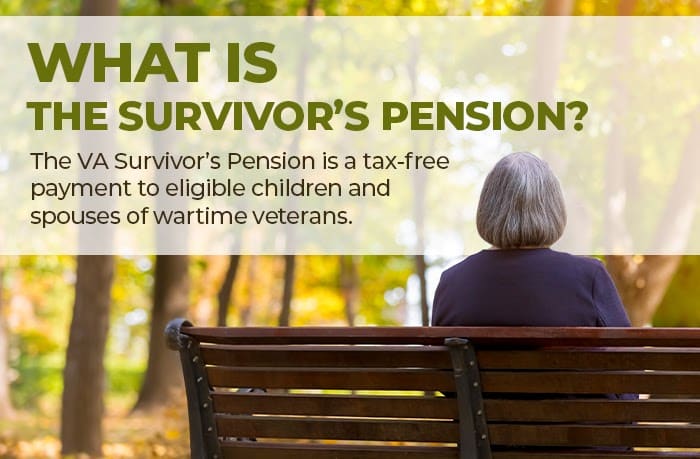
The VA Survivor’s Pension (formerly called the Death Pension) is a tax-free, means-tested payment to eligible children and spouses of wartime veterans. The benefit is reserved for un-remarried low-income surviving spouses, or unmarried children, who must meet certain income and net worth caps. Unlike the DIC benefit, the Survivor’s Pension benefit is not limited to survivors of veterans who died of service-related causes.
Financial Eligibility for the Survivor’s Pension
To qualify for the Survivor’s pension, you must meet these criteria:
Net worth limit
You must have a net worth not exceeding $129,094 (as of 2020). This limit will increase each year at the same rate as Social Security cost-of-living adjustments. Click here to read the current net worth cap after 2020. Note: There’s a three-year lookback for asset transfers. That means you can’t transfer assets out of your name just before you apply for the Survivor’s Pension benefit. VA officials will go back three years, and count any assets you transferred out of your name in that time against your net worth limit. If the amount transferred puts you above the limit, they will apply a “penalty period,” and not pay benefits until after three years have passed after the asset transfer.
How Much Is The Survivor’s Pension?
The amount of the Survivor’s Pension varies based on your financial and medical status, as well as whether you have dependents. It’s based on your Maximum Annual Pension Rate, and adjusted based on several criteria. To calculate your benefit, the VA will need you to provide some personal information.
Maximum Annual Survivor’s Benefit for Qualified Surviving Spouses
Surviving Spouses Without Dependents
-
You do not qualify for Housebound or Aid and Attendance benefits
- $9,224
-
You qualify for Housebound benefits
- $11,273
-
You qualify for Aid and Attendance benefits
- $14,742
-
You qualify for Aid and Attendance benefits AND you’re the surviving spouse of a Veteran who served in the Spanish-American War (SAW)
- $15,339
Surviving Spouses With One or More Dependents
-
You do not qualify for Housebound or Aid and Attendance benefits
- $12,072
-
You qualify for Housebound benefits
- $14,166
-
You qualify for Aid and Attendance benefits
- $17,586
-
You qualify for Aid and Attendance benefits AND you’re the surviving spouse of a Veteran who served in the Spanish-American War (SAW)
- $18,119
Other Details
The Survivor Benefit Plan/Minimum Income Annuity (MIW) limitation as of 2020 is $9,224.
Add $2,351 to your MAPR amount for each additional child over 1.
Children’s wages are excluded from income, up to $12,400 for tax year 2019 (the same as the standard deduction for single filers).
You may deduct medical expenses in excess of 5% of your MAPR.
For additional information, or for updates after 2020, see VA Survivors Pension Benefit Rates.
Eligibility Dates
For a service member’s family to be eligible for the survivor’s pension, the deceased veteran must have served during at least one of these Congressionally-designated wartime periods:
- Mexican Border Period/Punitive Expedition: 6 May 1916 – 5 April 1917
- World War I: 6 April 1917 – 11 November 2018
- World War II: 7 December 1941 – 31 December 1946
- Vietnam Era: 28 February 1961 – 7 May 1975 (for veterans that served in Vietnam itself); 5 August 1965 – 7 May 1975 (for all other veterans)
- Gulf War: 2 August 1990 – TBD
Other Eligibility Criteria
- If the service was prior to 7 September 1980, the veteran must have served at least 90 days of active service, with at least one day served during a wartime period.
- If the service was after 7 September 1980, the veteran must have served either 24 months, or the full period for which he or she was called for active duty. Again, at least one day must have fallen within the designated wartime periods.
- The veteran must have received a discharge other conditions other than dishonorable.
Surviving Spouse Eligibility Criteria
Surviving spouses who have remarried are no longer eligible for the Survivor’s pension.
There is no age criteria. The surviving spouse can be any age and still be eligible for the survivor’s pension, as long as he or she has not remarried, and the deceased servicemember’s service meets the eligibility criteria.

Surviving Children Eligibility Criteria
If you’re a qualified surviving child of a qualified deceased veteran, your MAPR is $2,351, as of 2020.
Eligibility. To receive a Survivor’s Pension benefit for a deceased parent, the surviving children must be unmarried, and meet the following criteria:
- The survivor must be under age 18, OR;
- The survivor must be under age 23 and attending a school approved by the Department of Veterans Affairs, OR:
- The survivor must have been disabled before age 18 and permanently incapable of self-support.
How to Apply for the Survivor’s Pension Benefit
If the veteran died while on active duty, your casualty assistance officer can help you apply for the Survivor’s Pension Benefit.
If you or your children are eligible, you should apply for the Survivor’s Pension benefit by filling out a copy of VA Form 21P-534EZ. This is the Application for DIC, Death Pension, and/or Accrued Benefits.
Once complete, mail or FAX it to the VA Pension Management Center serving your state.
What are VA Burial Benefits?
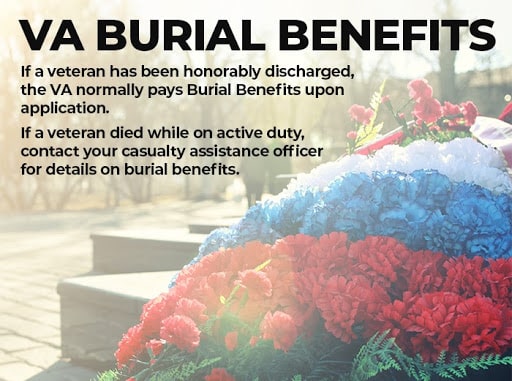
Benefits vary based on the veterans’ circumstance. If the veteran died while on active duty, VA does not pay Burial Benefits. Contact your casualty assistance officer for details on burial benefits paid for servicemembers who die while on active duty.
If the veteran has been honorably discharged, however, the Veterans Administration normally pays Burial Benefits on application.
Service-Connected Deaths
- For service-related deaths on or after September 11th, 2001, the VA will pay up to $2,000.
- If the veteran is buried in a national cemetery, the VA will reimburse some or all of the cost of transporting the veteran’s remains.
Non-Service-Connected Deaths (After October 1st, 2017)
- For non-service-connected deaths, the VA will pay up to $300 burial allowance and $762 for a plot.
- If the non-service-connected death occurred prior to October 1st, 2017, the plot benefit will be slightly lower.
- If the death occurred while hospitalized at a VA center or under a VA contract, the VA will pay some or all of the cost of transporting the veteran’s remains.
- If the Veteran dies while traveling at VA expense, VA will pay burial, funeral, plot or interment allowances. VA will also pay transportation expenses. The traveling must have been for the purpose of an exam, treatment or care.
How to Apply for Burial Benefits
You can apply for VA Burial Benefits by filling out VA Form 21P-530.
The National Archives recognizes that burial benefits and burial requests may have to be expedited. If you need same-day service, call the Customer Service Team at 314-801-0800. You can also fax your request to 314-801-0764.
If your burial request involves interment at a Department of Veterans Affairs National Cemetery, contact the National Cemetery Scheduling Office at 800-535-1117 or visit the National Cemetery Administration website.
If the death was not service connected and the veteran was in a VA hospital at the time of death, the burial allowance is $300, plus an additional $796 (if not buried in a National Cemetery.)
If the Veteran is buried in a VA national cemetery, some or all of the cost of transporting the deceased may be reimbursed.
Eligibility for Burial Benefits
For a survivor to receive a burial benefit, the deceased veteran must meet at least one of these criteria:
- The death must be service-related, or;
- The veteran was receiving a VA pension or compensation at the time of death, or;
- The veteran was entitled to receive a VA pension or compensation at the time of death but was instead receiving full military retirement or disability pay, or;
- The veteran died under VA care, whether at a VA facility or under a VA contract, or;
- The veteran died while traveling at VA expense and authorization to a place of VA care or treatment, or;
- The veteran Had an original or reopened claim for VA compensation or pension pending at the time of death and would have won the claim had the veteran lived, or;
- The veteran died on or after Oct. 9, 1996, while a patient at a VA-approved state nursing home.
Who Receives the VA Burial Benefit?
Normally, the benefit is paid out to the surviving spouse. Otherwise, the VA will pay the benefit to any eligible claimant who files first:
- The veteran’s surviving spouse
- The veteran’s children (any age)
- The veteran’s parents
- The veteran’s estate executor or administrator
- Surviving member of a legal union with the veteran, such as a domestic partnership, as construed under state law.
Additional Information and Veterans’ Topics
